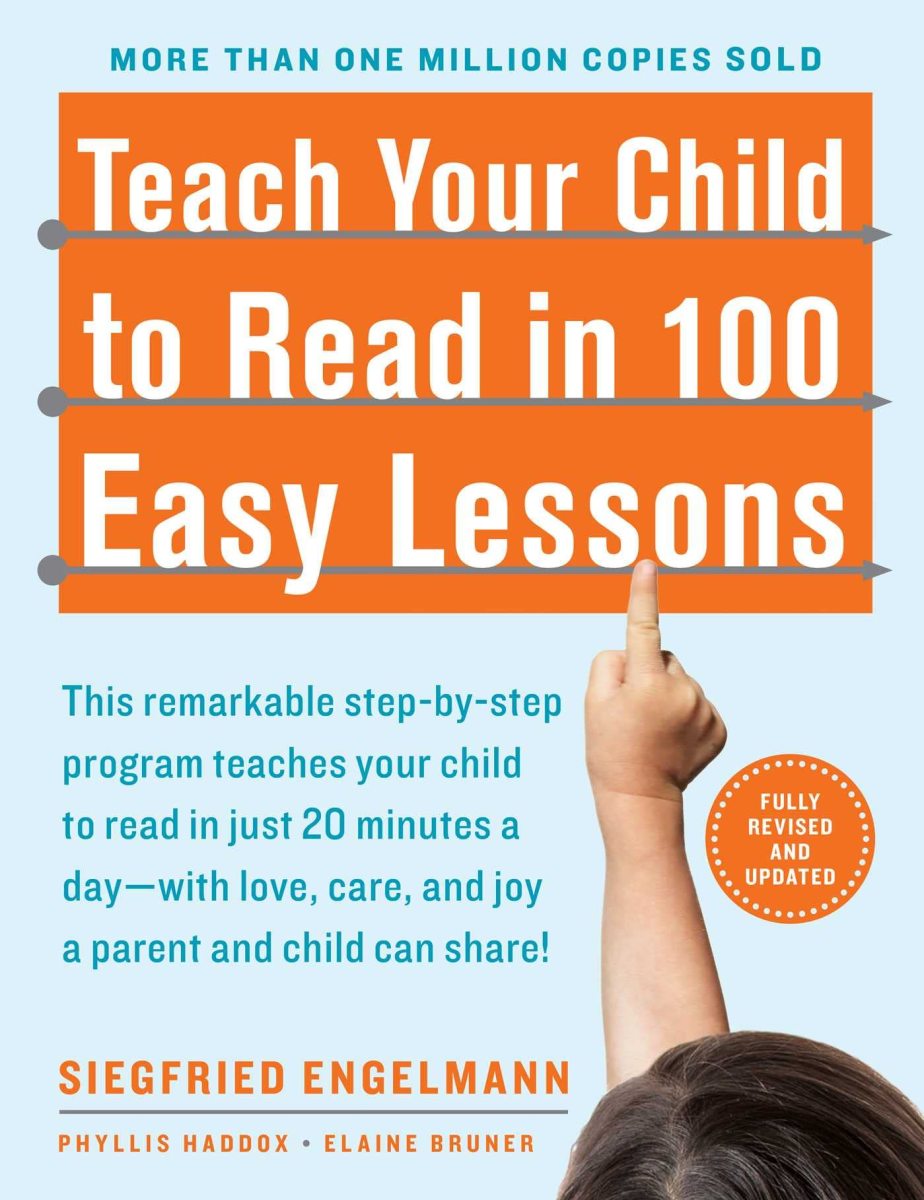Online Education, pt.2: Is This the Future?
Article About Stanford Online Course
Will College Professors Soon be Obsolete?
This hub is a response to the link on the right. If you click on the link, it will take you to a short article about an online course on artificial intelligence recently taught by two professors at Stanford. At this point, the course is still in its experimental phases, and it cannot be taken yet for college credit. But given the fact that 58,000 students registered for the course, the results so far are promising to say the least. Some believe that courses like this will soon become the norm in education, with college teachers (such as me) and the traditional college classroom increasingly becoming a thing of the past. After all, if two teachers can reach thousands, people from throughout the world can save themselves the trouble of traveling to a single location, and the infrastructure costs of maintaining a university can be eliminated, then why wouldn’t this new form of education take over?
Given the rapid advancement of computer speed, software sophistication, and broadband internet technology, online education may be the wave of the very near future. And the university system, which has existed in one form or another for one thousand years, may finally become a relic. But I’m not convinced that it is quite dead yet. If education consisted merely of the transmission and absorption of information, then the traditional classroom should have died out some time ago. The printing press, in fact, should have spelled the beginning of the end. Once a textbook written by a single person could be mass produced and eventually transported over a wide area, this single individual could now be the teacher of thousands. People could then absorb the necessary information and show up somewhere to take some sort of standardized exam to prove that they had fulfilled the requirements for an academic degree. Due to the tremendous increase of written information available, there was no longer any need to sit in a classroom and listen to professors give their “performances” live.
Now some would argue that reading textbooks is a very different experience from taking an online course. Online courses can utilize a wide range of different types of media, give students a means of personally interacting with the material, and tap into the virtually infinite amount of information available on the worldwide web. They also create a medium through which a large number of students can interact and enhance one another’s learning. It is therefore a much more interactive and vibrant experience than reading a textbook could ever be. But when you come right down to it, an online course, and the internet in general, is still a glorified (and highly enhanced) textbook. Ultimately, the main thing that the internet provides is convenience. Search engines, as the name indicates, save us the trouble of traveling to stores, going through libraries, and going to social gatherings where we might have to physically interact with other people. It essentially saves us the time and trouble of doing research and gives us much more to choose from than ever possible in the world before the Information Age.
This amazing technology, however, like the printing press, has not quite replaced the experience of student/teacher interaction. As at the beginning of human history, there is still no educational experience quite like the direct interaction between two human beings. In my mind, this is part of the reason for the growing popularity of home schooling. There is no better way to personalize education, and no better student/teacher ratio, than one-on-one. One of the biggest frustrations for any teacher, after all, is the difficulty of adapting lesson plans to suit the individual needs, learning styles, and ability levels of students. And the larger the class size, the bigger the challenge. Computer software, of course, can be a tremendous resource in creating a wide range of interactive lesson plans designed to meet the needs of a variety of students. The internet can also create a much more efficient communication system between teachers and students (and classmates), making it possible for a single teacher to find time to interact personally with a much larger number of students than before. But you still need a human being to interact with the students, and there are only so many hours in a day. So if a teacher takes on courses with either hundreds or thousands of students, meaningful human interaction becomes impossible, no matter how fancy the technology.
The other basic problem with teaching an online course consisting of thousands of students is developing some meaningful system of evaluation. As stated earlier, if education consisted merely of the absorption of facts, this would not be an issue. In fact, the invention of machines that could grade multiple-choice, bubble forms would have solved this problem decades ago. If it was not necessary for me to grade handwritten papers from students, I could easily teach courses to thousands of students in giant auditoriums. But all teachers know that bubble forms cannot evaluate higher level thinking skills. We often resort to them, however, because we have too many students in our classes. And just as we often resort to in-class tests rather than out-of-class projects in order to insure that the students themselves are actually doing the work, it may be necessary in the internet courses of the future to force students to show up to a physical room every now and then in order reduce the rampant cheating made possible by “virtual classrooms.” (Or we could just allow educational institutions to monitor students with some form of security cameras.)
Now there may come a time when software is developed that can grade term papers and essay exams (and do more than simply search for the basic facts).There may also come a time when computer software can develop lessons plans, respond to student questions, communicate enthusiasm for a subject, and model high-level thinking skills at a level that no human being can match. And this software may even be able to replicate all of the intangible, right-of-passage experiences that people associate with attending colleges. Maybe someday the Stanford experience, and all of the personal contacts that are made by attending such a prestigious university, will be fully replicated by a Stanford professor’s online course. But we are not quite there yet.
Call me old-fashioned, but I still believe that teaching is a more sophisticated task than often advertised. Modern technology is a tremendous resource, and teachers who fail to tap into it would be as foolish as past educators who refused to take advantage of the printing press. But until software with true artificial intelligence, personality, intuition, and empathy is developed, there will still be a place, either in classrooms or in front of computer screens, for flesh and blood educators. And if software is ever developed that can do everything necessary to teach a class effectively, then there won’t be many jobs left for any of us human beings. We can just sit back and let the robots do everything, at least until the plots of the “Terminator” or “Matrix” films unfold. But if there are any robots out there already who are capable of taking over my job, please write me an essay, without any direct human aid, discounting my little human attempt at an essay and proving your qualifications. I will then step aside, beg you for a job as a teacher’s aide, and most likely ride off into the sunset (in my car that drives itself).








